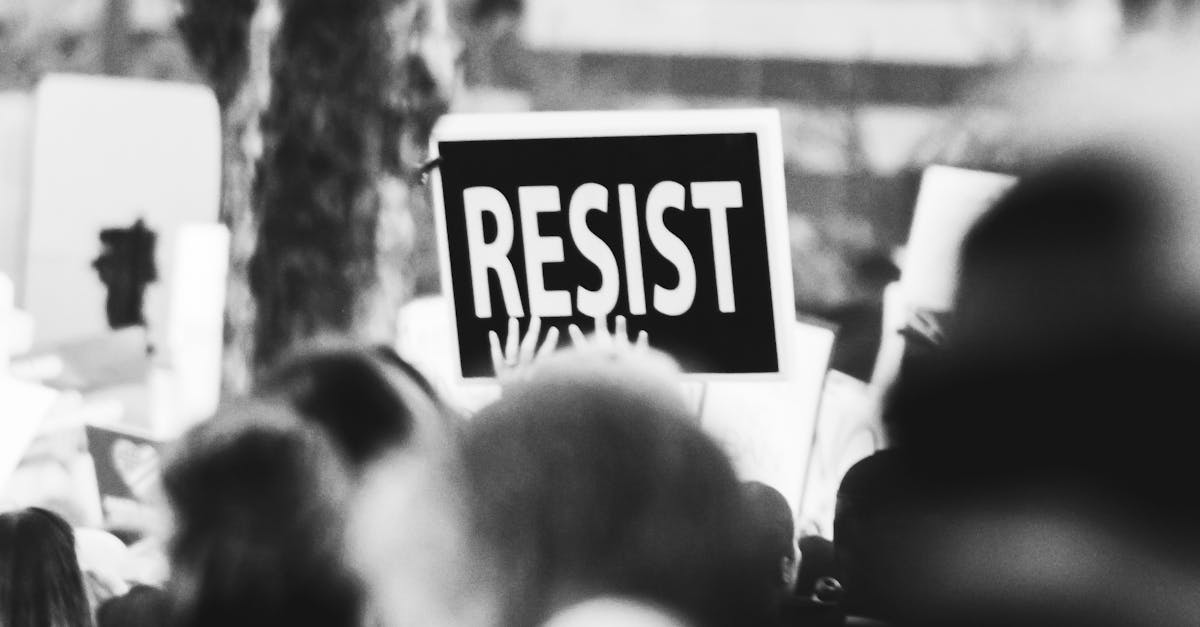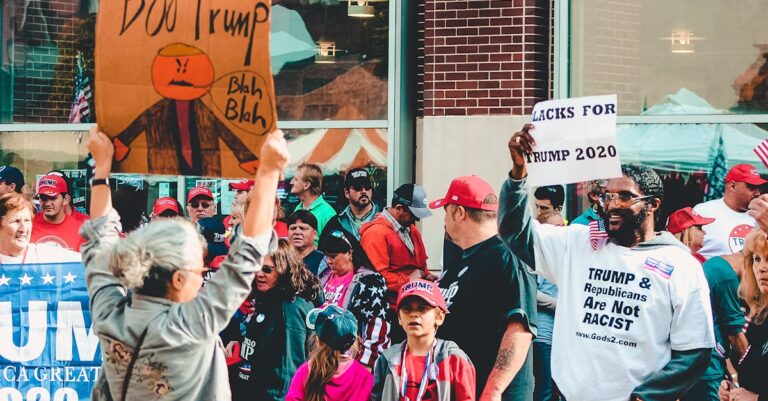
In recent years, the issue of book bans has sparked intense debates across the country, with Flagler and Clay County becoming the focal points of major controversy. As local politics intertwine with freedom of expression, censorship concerns, and community values, the battle over what books are deemed appropriate for public consumption has become a heated topic of discussion.
Flagler and Clay County, in particular, have found themselves at the center of this storm, as differing viewpoints clash over the boundaries of educational freedom and the role of political influence in shaping public discourse. While book bans may seem to be a straightforward matter of censorship, the complexity of the issue becomes apparent when local politics come into play.
The concept of book bans raises important questions about the authority of local governments to regulate access to information, particularly in educational settings. Should elected officials have the power to decide what books are acceptable for students to read? How do personal beliefs and political agendas influence these decisions? These questions lie at the heart of the unconventional debates surrounding book bans in Flagler and Clay County.
Local politics also play a significant role in shaping the discourse around book bans. Elected officials, community leaders, and activists often use these controversies as platforms to advance their own agendas and garner public support. The clash between differing political ideologies can further polarize communities and deepen divisions, turning what should be a debate about education and freedom of expression into a battleground for political power.
In Flagler and Clay County, the issue of book bans has become a lightning rod for broader discussions about the role of government, the limits of individual freedoms, and the responsibilities of communities to protect diverse perspectives. As residents grapple with these complex issues, it is crucial to approach the debate with an open mind, a willingness to listen to opposing viewpoints, and a commitment to upholding the principles of democracy and free speech.
Ultimately, the debates over book bans in Flagler and Clay County are emblematic of larger struggles within our society. By engaging in thoughtful dialogue, promoting inclusivity, and seeking common ground, we can navigate these challenges with grace and wisdom. It is through these conversations that we can strive to create a more informed, tolerant, and resilient community for all.








oh wow this is such a intresting topic! its crazy how books can cause such a big debate, like who would have thought rite? but its also super importnt to think about freedom and education and stuff. i think its
ugh can you believe the craziness happenin in Flagler and Clay County with the book bans??? like come on people let kids read what they want!!!! who cares bout all this political nonsense just let them explore different ideas and perspectives without all this drama!!! let them learn and grow and not be restricted by narrow-minded adults who think they know what’s best for everyone
wow w0w, i think it’s so imp0rtant to t@lk about book bans and all that’s goin’ on in Flagler and Clay County. it’s crazy to think about who gets to decide what books we can read, ya know? like, should politicians be in charge of that? and what about how different peoples’ beliefs
Book bans, huh? I didn’t know books could be so controversial! I mean, can you imagine a world without books? What would we even do with all that extra shelf space? But hey, maybe we should
Wow, dis blog talkin’ ’bout dem book bans is really somethin’ else. It got me thinkin’ ’bout how important it is for us to have access to all kinds of information and ideas. Who gets to decide what we can read and what we can’t? Seems like there’s a lot of politics involved in all this, makin’ it even more complicated.
I reckon that we should all be able to
Wow, this is such an important topic to talk about! Book bans are like saying no to knowledge, and that’s like saying no to growth, right? We need
Uh wow, this is a big issue with the book bans and all. It’s like, who gets to decide what
Oh man, book bans? Seriously? I mean, come on people, books are like magical portals to other worlds and ideas and stuff. Why ban that? It’s like banning unicorns or rainbows or pizza—it just shouldn’t be done, you know?
book bans rly make me sad. it feels like taking away freedoms, u know? like, how can they decide what we can read and what we can’t? it’s not right. we shud be able to read whatevr we want, it’s important for learnin and growin. i hope they stop bannin books soon. it’s not fair for anyone.
ughhh why do people always gotta be banning books?? like let people read what they wanna read, you know? it’s not cool to restrict information and ideas just cuz some politicians or whatever think they know what’s best for everyone. we should be promoting freedom of expression and diversity of thought, not shutting it down. can’t we all just get along and respect each other’s opinions without trying to control everything?? just let books be books, man.
Wow, book bans are a hot topic, man! It’s like, who gets to decide what we can read, you
Okay, so like, why are we even talking about book bans? Like, everyone should have the right to read whatever they want, right? It’s not fair for some people to decide what we can or can’t read just because they think they know better. And then
Wow, book bans! Because clearly, the best way to promote education and freedom of expression is by restricting access to different viewpoints. I mean, who needs diverse perspectives when we
Oh man, book bans are so wild, right? I mean, who decides what books we can read and what we can’t? It’s like, a real twisty-turny debate with lots of opinions clashing. And then you throw in local politics and it’s like,
Wow, because we all know that elected officials are the epitome of literary
This issue about book bans is so important to be talking about. It’s like, who gets to decide which books we can read, you know? It’s not just about censorship, it’s like, are our freedoms being respected? And then you think about how politics gets all tangled up in it, and it’s
oh man, it’s so sad to see book bans causing so much drama in Flagler and Clay County. why can’t everyone just get along and let people read what they want
Wow, this is such an important topic! Book bans shouldn’t be happening, right? People should be able to read whatever they want! But then politics get involved, and it gets all messy and complicated. Should politicians really get to decide what we can read? I don’t think so.
The debate in
its so sad that peopel are trying to ban books. books are like windows into other worlds and we should be able
this is so sad that people are fighting over books, books are supposed to bring people together
Hey y’all, it’s like they trying to ban books now
Wow, book bans, what a thrilling topic for discussion! Like, who needs freedom of expression anyway,
Well, well, well, look at Flagler and Clay County stirring up a storm over what books people can
Well, ain’t that just dandy! Who needs books anyway, right? I mean, who needs all that fancy book learnin’ when you can just let politicians decide what’s best for us? I’m sure they have our best interests at heart and definitely aren’t using book bans to push their own agendas. Yup, let’s
Wow, all this talk about book bans in Flagler and Clay County really has my brain spinning faster than a hamster on a wheel! 🐹 Who knew that choosing what to read could cause such a stir? Personally, I think we should ban books that have missing pages – I mean, who wants to read a story that’s incomplete, am I right?
OMG, can you believe the craziness happenin’ in Flagler and Clay County about them book bans?
Yo, this whole book ban situation in Flagler and Clay Counties is wild, right? Like, who decides what we can and can’t read? Shouldn’t we have the freedom to explore different ideas and perspectives? I mean, why are politicians getting all up in our bookshelves anyway
Y’all, these book bans got me feeling like I’m in the Twilight Zone! I mean, who knew that books could cause such a ruckus? But hey, maybe
Wow, this article really makes you think about the whole book bans situation
Well, I think when it comes to banning books, it can be a big deal for sure. People should be able to read what they want, you know? It’s like, do we really need someone telling us what we can and can’t read? I don’t think so. It’s all about
Wow, this is intense stuff! Book bans? Really? I mean, shouldn’t we be encouraging people to read
Ooooh, this is a big topic that gets everyone all riled up! Book bans? Whaaat? Why
OMG, like seriously, book bans? That’s like so not cool
Wow, I just love how Flagler and Clay County are leading the charge in deciding what we can and can’t read! Who needs freedom of expression anyway? Let’s just
wow book bans sound super srs and like a big deal! its so cool how peeps can have diffrnt opions on stuff like that. its importnt to listen to other peeps even if we dont agree. we gotta remeber to stand up for freedm of speech and make sure everyone has a chance to be heard. its all about respect and understanding